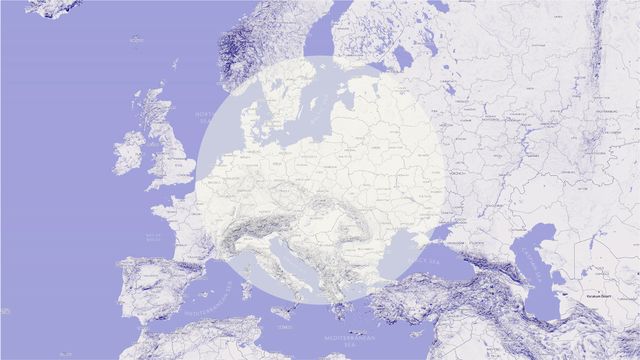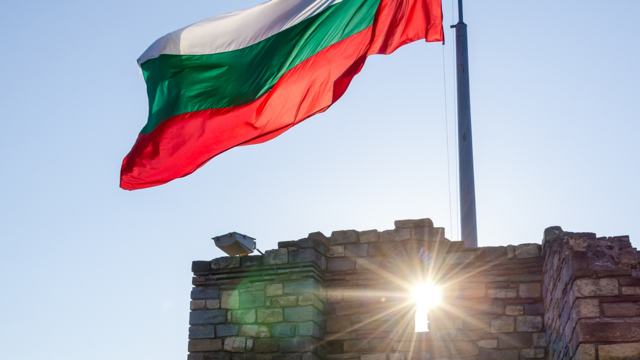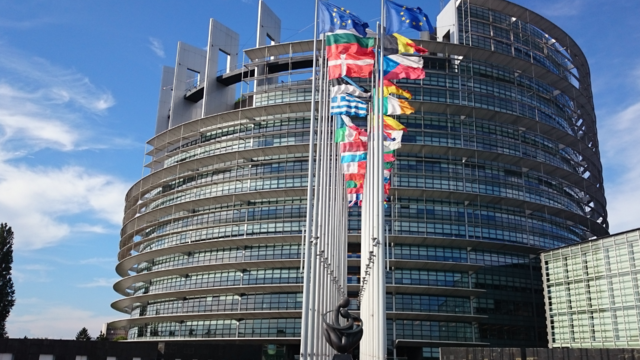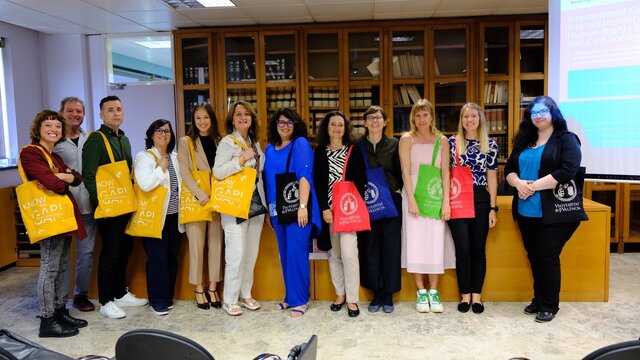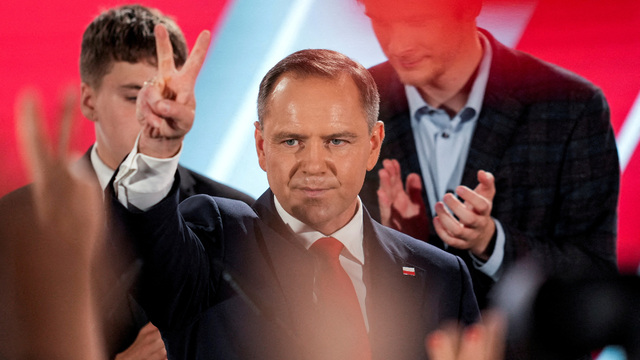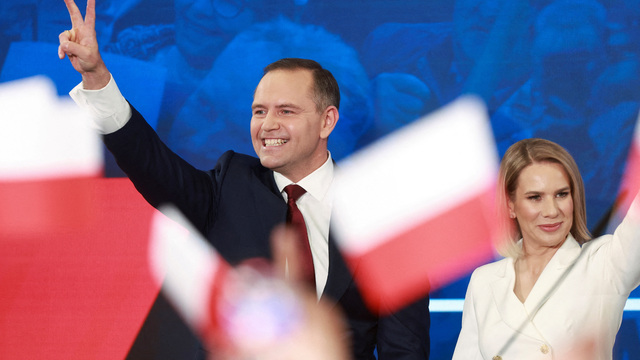
The Small State and Asymmetric Warfare - The Slovenian Experience
A presentation of the book The Small State Facing Asymmetric Environment: A Reconsideration of the Identity? - The Slovenian Experience with one of the authors Rok Zupančič.
13. 2. 2017 (17:00)
Institute of International Relations, Nerudova 3, Prague 1
Is there a distinct approach of European small states to asymmetric warfare? How do they draw on their own historical experience and how does it influence their approach to this type of conflict? Rok Zupančič will in his presentation trace Slovenian experience with asymmetric conflict from the Second World War to the War in Afghanistan and point out the enduring relevance of historical memories of asymmetric warfare.
The book The Small State Facing Asymmetric Environment: A Reconsideration of the Identity? - The Slovenian Experience analyses asymmetry in warfare from the perspective of a small nation by combining a historical, a defence-strategic and also a wider security approach, including certain moral-legal and technological dimensions. Its primary objective is to prove that small countries, “often endowed” with rich historical experience, can also significantly contribute to discussions of asymmetric warfare and conflict understanding. It thus aims to fill a gap in the field, as similar studies in the field mostly focus on powerful states. The book mainly focuses on Slovenian asymmetric experiences, which went through a series of dramatic alterations in the last 60 years. The Slovenes were forced to use an asymmetric approach during the Second World War, but today Slovenia is a part of both NATO and the EU alliance. And thus it is increasingly faced with situations where an asymmetric approach is used against it (especially in Afghanistan). The book also analyses how the still present and strong historical memories of asymmetric warfare cause almost schizophrenic political and social reactions and a huge identity crisis in Slovenia. The authors argue that in Slovenia the division within the nation, which has escalated in World War II and the years that followed, is still present nowadays, and the planned reconciliation of the nation has not happened yet.
Rok Zupančič is a Marie Curie post-doctoral fellow at the Centre for Southeast European Studies, the University of Graz. He earned his PhD at the University of Ljubljana (Faculty of Social Sciences), and his PhD thesis was on the topic on conflict prevention in Kosovo and the role of international organizations in the country. Between 2015 and 2016, he was a principal investigator of the University of Ljubljana in a Horizon2020 project titled ‘IECEU-Improving Capabilities of the EU in Conflict Prevention’, leading the working package on the EU Common Security and Defence Policy in the Balkans. Currently, Rok is researching the role of normative power of the EU in the post-conflict society of northern Kosovo and aims to explore how the signing of the Brussels agreement changed the dynamics of relations at both intra-societal (within the community of Serbs of northern Kosovo) and inter-ethnic level (Serbs of northern Kosovo vs. Kosovo Albanians and the institutions of the Kosovo government).
Tomáš Kučera is an assistant professor at the Department of Security Studies and a fellow at the Deutsch Security Square, Charles University in Prague. He received a doctorate at Aberystwyth University for a thesis examining the relationship between liberal ideology and defence policies in Western Europe, in Germany and the United Kingdom in particular. Societal-military relations, military ethics and sociology of security and defence continue to present his main research interests.
The book will be available for purchase after the presentation.
The presentation will be in English.

